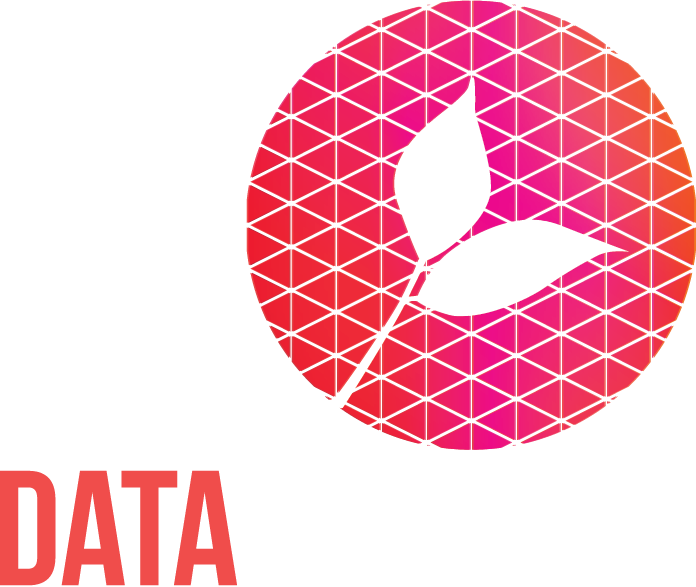The impact of data maturity assessments: a recap of what it all means
Ben Proctor, Data and Digital Innovation Director
Data maturity
I'll admit it. We bang on a bit about data maturity. OK more than a bit, quite a lot.
Despite that, an old colleague (and keen reader of our newsletter) recently told me they were ‘still somewhat hazy on what data maturity actually means’.
Well, here I'm going to explain what data maturity is, why we think it is important for non-profits and how it might be useful for you.
What data maturity is
Our official definition (which you will see in pretty much any presentation any of us gives) is
An organisation’s journey towards improvement and increased capability in using data.
Or, it describes the fact that an organisation can get better at how it uses data.
Which means we need to agree what data is. We have a definition for that too:
When we say 'data' we have a broad definition. We include all the types of information an organisation collects, stores, analyses, and uses. It can be recorded in many formats: numbers, words, images, video, and maps.\
That's a very broad definition. The very fact that data suffuses every part of an organisation can make it difficult to get a handle on.
Framework
To help organisations get a purchase on these broad and slippery concepts we have developed a Data Maturity Framework.
In our framework there are seven themes of data maturity:
Uses
Data
Analysis
Leadership
Culture
Tools
Skills
And, an organisation can be at one of five stages for each of these themes.
Unaware
Emerging
Learning
Developing
Mastering
For each stage, for each theme, we have a description of what you would see in an organisation if it was at that stage. This description is based on extensive research with not-for-profit organisations, especially in Wales and England.
This description is a bit wordy so in 2019 we released a Data Maturity Assessment Tool. It's an online service that asks you a series of questions and, on the basis of your answers, it shows you which stage your organisation is at for each of the seven themes of data maturity.
Why this matters to you
Data maturity assessment is not simply an academic interest for us. It forms a core part of our mission which is to help organisations use better data for greater impact.
We have a theory of change related to our data maturity assessment.
Our theory is that there are people within not-for-profit organisations experiencing common problems. These people may be senior managers, people with specific data roles, or people who think that data is important, even though they don't have a specific data responsibility.
Their common problems are:
they think their organisation needs to get better with data, but they don't know where to start
they don't have a way of engaging leaders in thinking and talking about data
they don't know what 'good' and 'great' look like, or how well they are doing compared to others
We reckon those people should take a data maturity assessment. If they do (our theory says) they will see immediate benefits:
an improved shared understanding of important factors and questions in data maturity
an objective view of where they are, where they could be and where to focus to get there
raised aspirations and increased motivations to improve
And we think that they will then go on to take a range of actions, like securing leadership support or discussing where change is needed with colleagues. These actions will result in things like data strategy developments or investments in skills, people and technology.
Ultimately, the organisation will see tangible rewards and benefits, like improved strategic planning and decision making, improved products and services or improved credibility and influence.
It's not just a theory
That's our theory of change. But a theory is just a theory unless it is tested. We're all about measuring things so, of course, we have tested whether our theory stands up. In fact, we've tested it twice so far. You can read all about this in our Data Maturity Assessment Impact Report 2022 (which follows our previous Data Maturity Assessment Impact Report 2020).
The key messages are, our theory seems to be borne out in reality. In particular:
Taking a data maturity assessment prompts sharing and discussions about data within organisations
Efforts to secure financial resources to implement improvements following a data maturity assessment were almost always successful
Around 40% of organisations go on to implement a data strategy after taking an assessment
It is free to take a data maturity assessment and the free assessment is ideal for a small not-for-profit organisation. For larger organisations there is a (very reasonably priced) organisational data maturity assessment. Our findings suggest that organisations that take the paid-for assessment see even more extensive benefits.
So if you want to get better at using data but don't know where to start, want to engage your leaders in a conversation about data or want to better understanding what good looks like in terms of data: you should take a data maturity assessment.
It works. We've seen the data.




